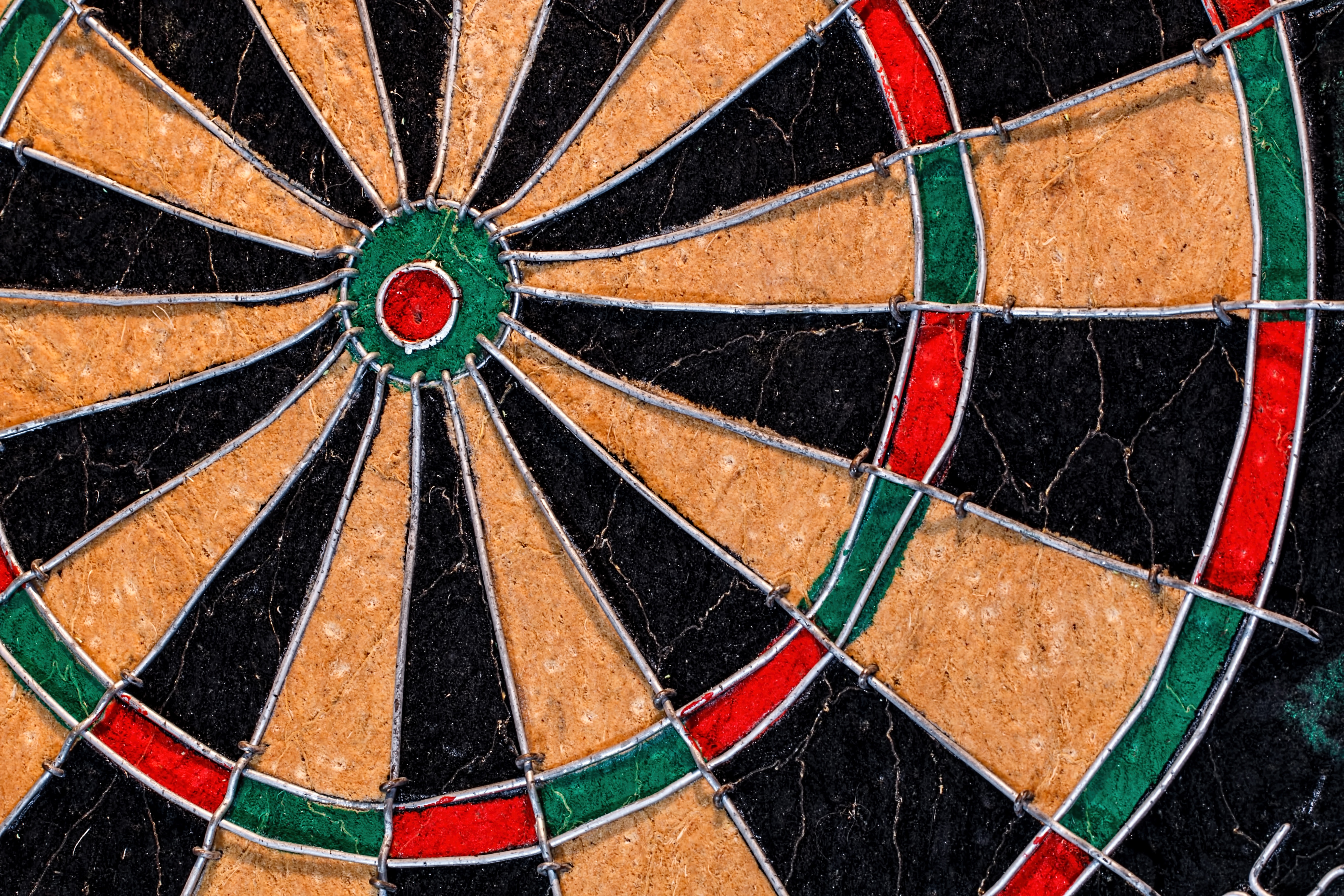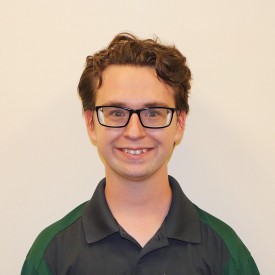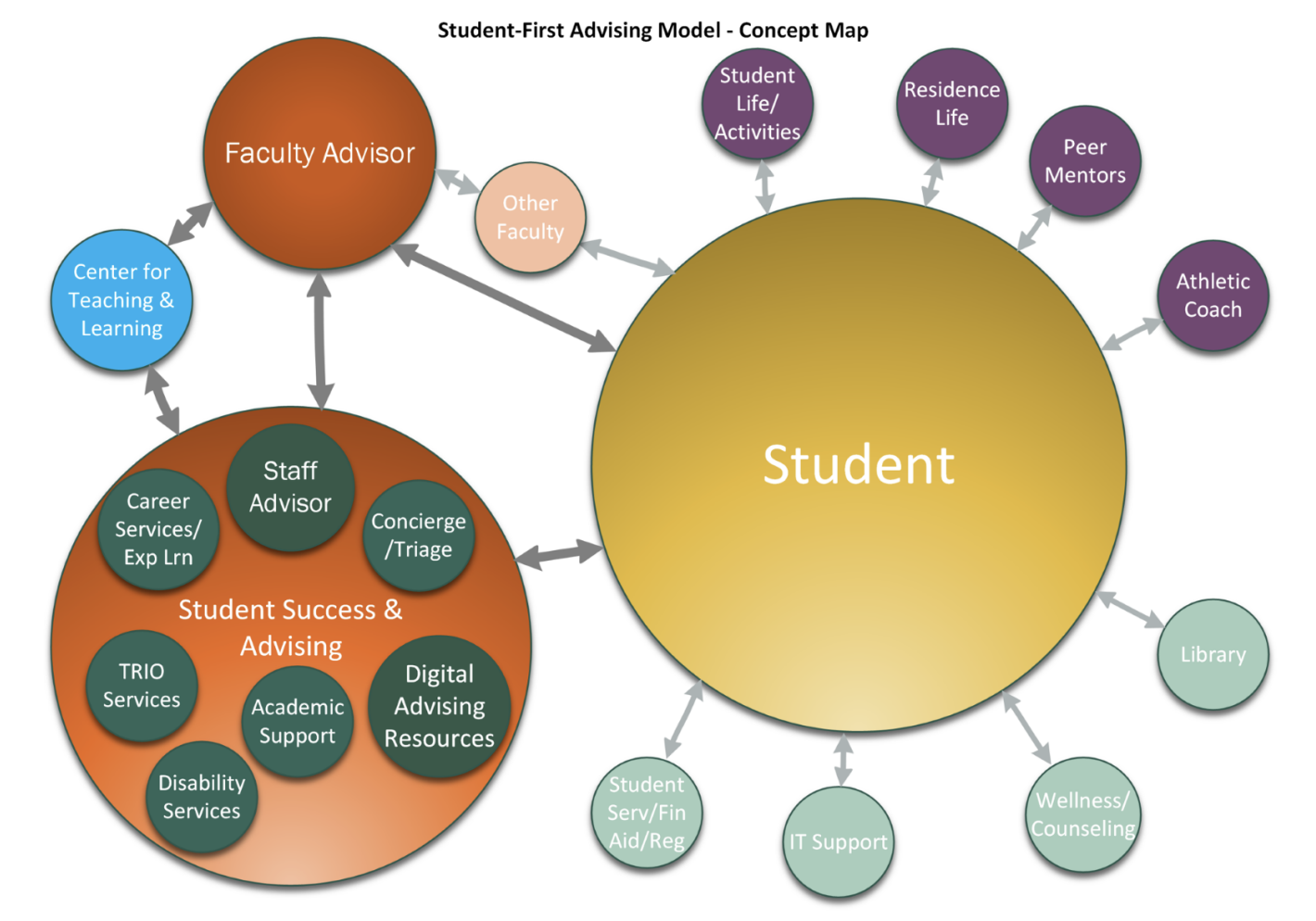The Castleton faculty has a wide range of ideas about curriculum and what it is supposed to do for students. There is general agreement that a liberal arts education is valuable, though how it is valuable and how General Education meets that sense of value continues to be a wide area of conversation. This is good, productive conversation, and the flexibility of the program provides faculty members teaching in it and those advising students many ways to help students to find the program valuable for themselves.
The program description in the Undergraduate Catalog contains a vision statement from the previous program:
“Castleton’s Connections General Education program aims to prepare every student to search for the meaning of a good life; to develop an awareness of the interaction between personal and societal values; to foster an appreciation of the interconnectedness of all things; to stimulate intellectual curiosity; and to promote life-long learning.”
To think about the specific goals of the program, we should start with the overall campus goals. These can be found in the catalog with the mission statement. Passed by unanimous vote of the faculty in 2016, these present a vision of the Castleton education:
- Castleton University provides a broad range of knowledge in the liberal arts as well as deep knowledge in one of our many academic disciplines.
- Castleton University develops students’ facility with skills necessary for their academic studies, professional development, and life-long learning.
- Castleton University helps students to clarify their values and learn how to collaborate productively with others by recognizing and respecting diverse perspectives.
- Castleton University teaches students how to make connections between various intellectual and social domains and to apply their knowledge in critical and creative thinking and expression.
- Castleton University prepares students to take meaningful action in their personal, professional, and civic lives.
This vision of moving from knowledge to action is not only a good vision of learning, but it fits with the overall ethos of Castleton as a place where students learn how to make a difference in the world when they graduate as effective professional and citizens. Each academic program, in their individual program assessment processes, are asked to show how their program goals meet this overall vision. These are the program goals for the Connections Program, passed unanimously by the faculty in 2018. The Connections General Education program:
1.) encourages students to make connections throughout academic courses, cultural events, and co-curricular activities;
2.) engages students in a wide-range of disciplines, leading to adaptable and flexible thinking;
3.) teaches students to search for, critically appraise, and implement knowledge;
4.) prepares students to convey ideas through multiple means of expression;
5.) primes students to value different perspectives and cultures;
6.) promotes students to be engaged as active citizens on campus and beyond;
7.) stimulates intellectual curiosity, preparing students to be life-long learners.
In some cases, the way in which the program goals meet the campus goals are obvious. For example, the program assures that students will be exposed to the breadth of knowledge (2) by taking a broad array of courses in the Areas of Understanding. Likewise with transferable skills (3,4). The program also includes a new integrative element to assure that students will make connections (1).
Obviously, the goals of the program may overlap with some goals of majors (and even those learning goals of specific campus activities), so part of the importance of the goals is to assure that everyone will have this learning and that the education will be equitably distributed. And of course, it doesn’t hurt anyone to have extra training in learning in these ares!
However, there are many ways in which the newly designed program provides some open-ended questions for faculty to continue discussing. One such area is in Diversity, Equity and Inclusion, which the faculty began to consider last spring. How can we clarify, for example, the ways in which the program will help students to observe other perspectives and learn from them (5)?
As we think about these next steps for the program, it may be worth considering the exercise that many faculty went through when the goals were under consideration: if you were to be sitting at graduation watching the graduates crossing the stage what would you hope them to have learned and become as a result of their time with us? General Education goals are not the same as overall institution learning goals, but they do describe our ambitions for each and every student who attends the university. What are our hopes and dreams for them?



